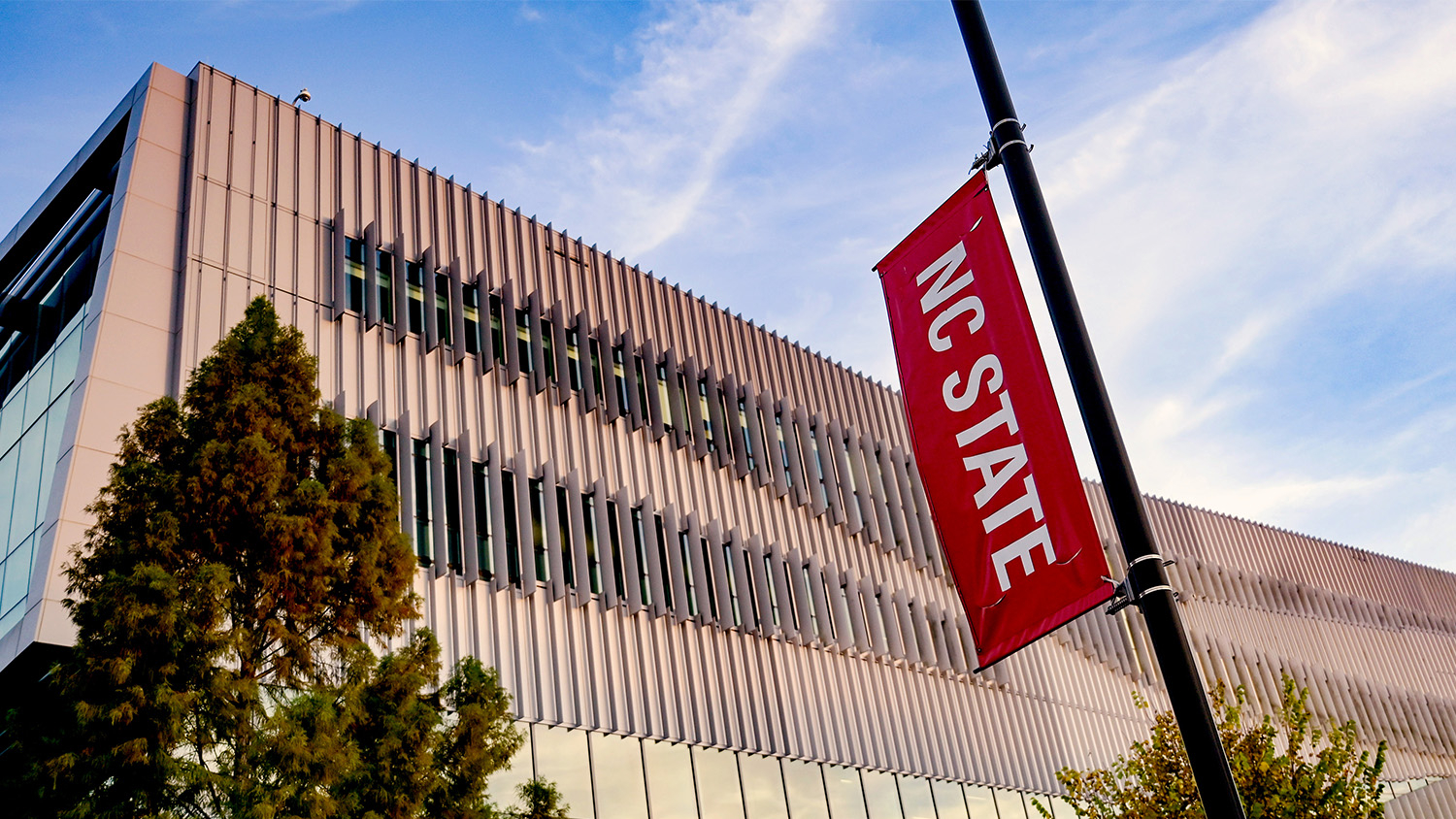Students learn about grand challenges in E102

First-year engineering students are getting a better idea of what kind of impact they can make with their degrees — and a more thorough understanding of the College of Engineering’s degree programs — through a newly required course, E102: Engineering in the 21st Century.
E102 not only builds on what students learned in E101, Introduction to Engineering, but also introduces the 14 Grand Challenges for Engineering and goes into more depth on the College’s 18 degree programs and 12 departments. In 2008, the National Academy of Engineering announced the Grand Challenges, which focus on the problems that need to be solved to perpetuate life into the next century. These Grand Challenges include advancing personalized learning, developing better medicines, improving urban infrastructure and providing access to clean water.
Dr. David Parish, assistant dean of academic affairs, created the course, which has been offered for four years. The curriculum was updated in summer 2017 to make the spring-only course mandatory starting in 2018, and as an interdisciplinary course, 25 percent of the spots are available to students not majoring in engineering.
“The course takes the big picture of engineering and brings it down to smaller perspectives. In E101, they all do the same design process. But in this class, they learn what each department and type of engineering does, and how it fits in with the Grand Challenges,” Parish said.
The students start off the course by watching a series of videos overviewing the Grand Challenges. Then, each week, students watch videos of NC State faculty members explaining a Grand Challenge and how it relates to their department. In the next session, they meet to discuss and ask questions.
Haley Beard and Andrew Healy, both first-year students interested in civil engineering, took a spring 2019 E102 section taught by Parish. Both said they were interested in learning about the Grand Challenges and how they can personally have an impact on them. Beard also said she was glad to be getting a more detailed understanding of the different degree programs.
“I haven’t (joined a department) yet, so it’s always nice to hear about the other departments just in case I change my mind,” she said.
In the first class of the semester, Parish explained to the students that the class will help them be certain of their selected degree path, as it’s more difficult to change it when they start taking specific courses related to their degree.
Parish said that because of the class, some students end up changing their majors, while others are more enthusiastic about what they’ve chosen to pursue.
Return to contents or download the Spring/Summer 2019 NC State Engineering magazine (PDF, 13.7MB).
- Categories:


